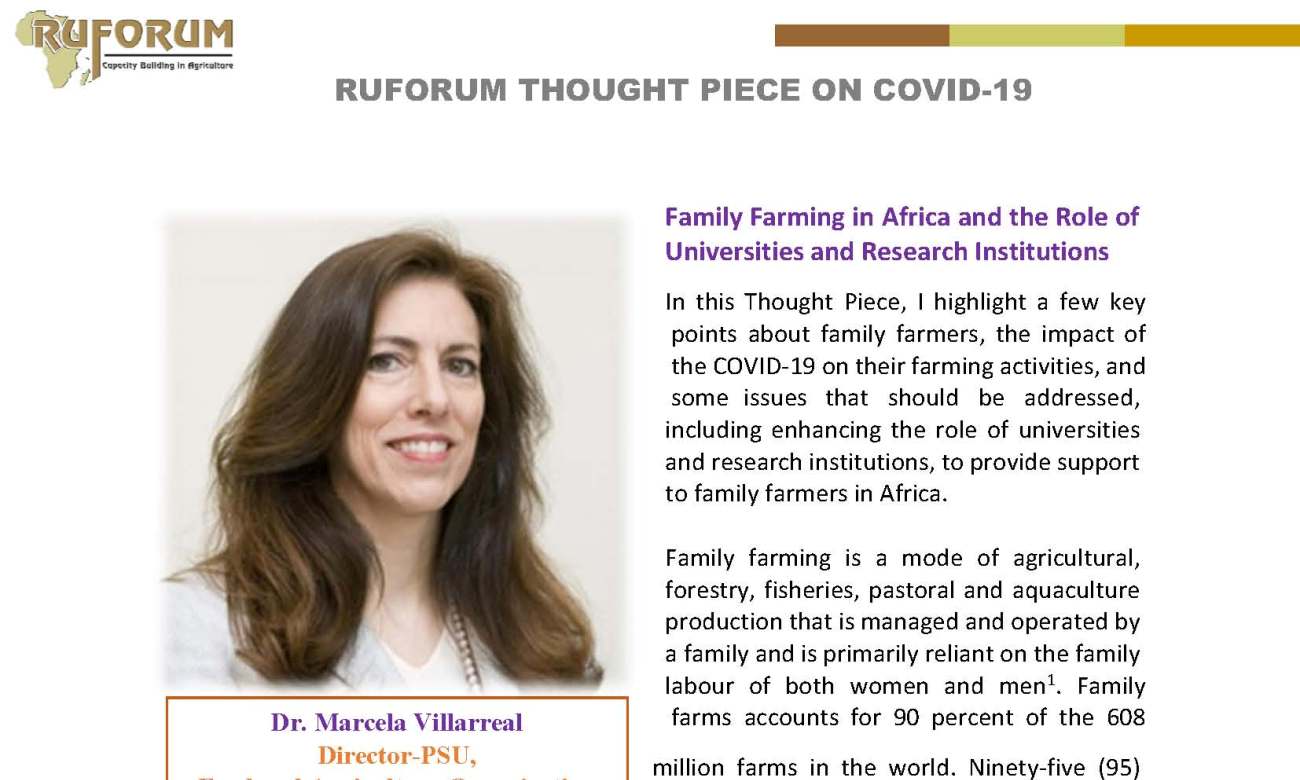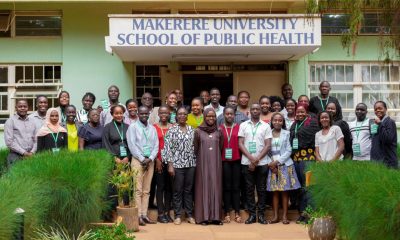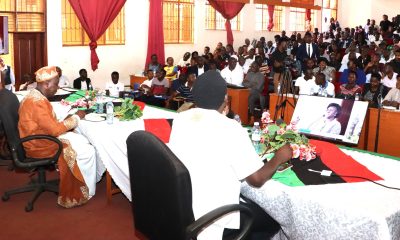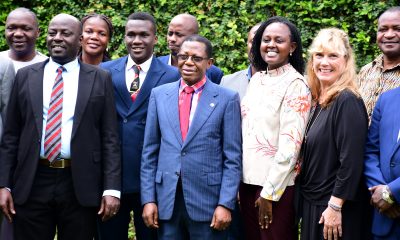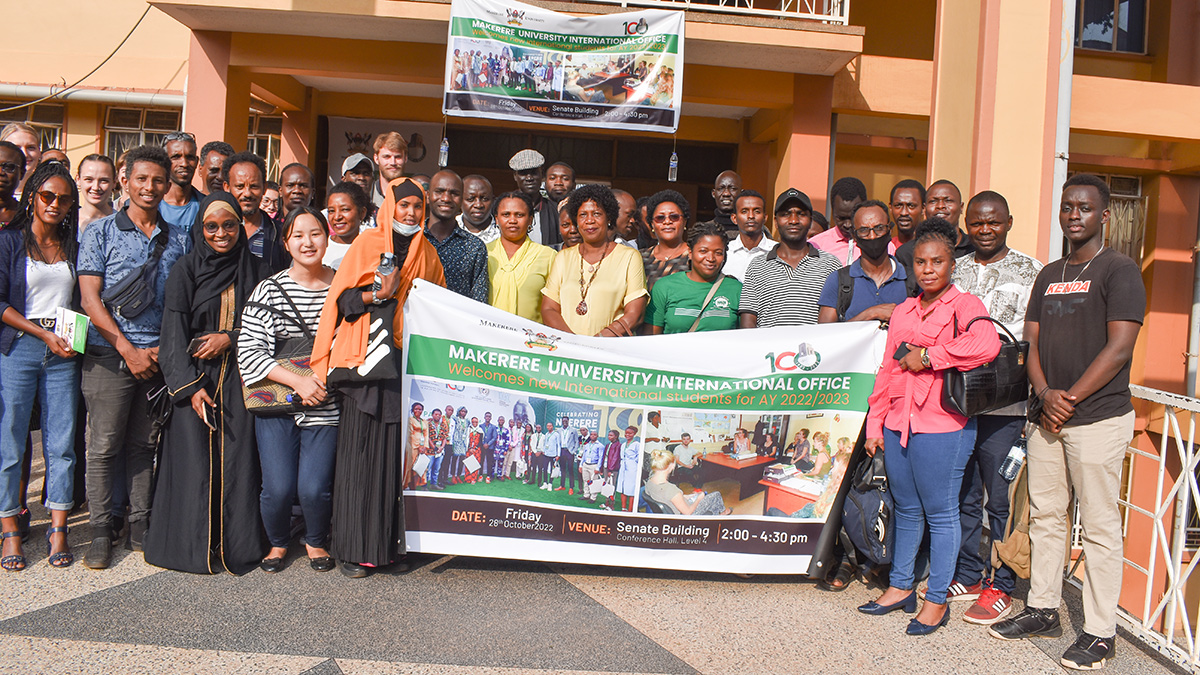Family Farming in Africa and the Role of Universities and Research Institutions
In this Thought Piece, I highlight a few key points about family farmers, the impact of the COVID-19 on their farming activities, and some issues that should be addressed, including enhancing the role of universities and research institutions, to provide support to family farmers in Africa.
Family farming is a mode of agricultural, forestry, fisheries, pastoral and aquaculture production that is managed and operated by a family and is primarily reliant on the family labour of both women and men. Family farms accounts for 90 percent of the 608 million farms in the world. Ninety-five (95) percent of existing family farm units are less than 5 hectares2 and are found in the rural areas of the developing world. On average, women-operated family farms are only one half to two-thirds the size of those operated by men. Overall, Family farmers produce about 80 percent of the world’s food value but, paradoxically, are often poor and food insecure themselves. They complement their farm income by additional non-agricultural wages or self-employment, including small businesses or occasional formal or informal employment, and in some regions, with public or private cash transfers.
Read more

 General5 days ago
General5 days ago
 General1 week ago
General1 week ago
 General1 week ago
General1 week ago
 General1 week ago
General1 week ago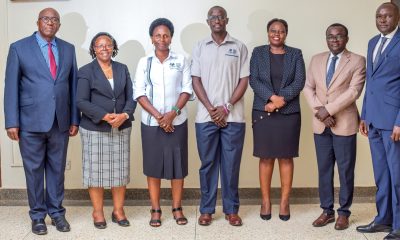
 General2 weeks ago
General2 weeks ago